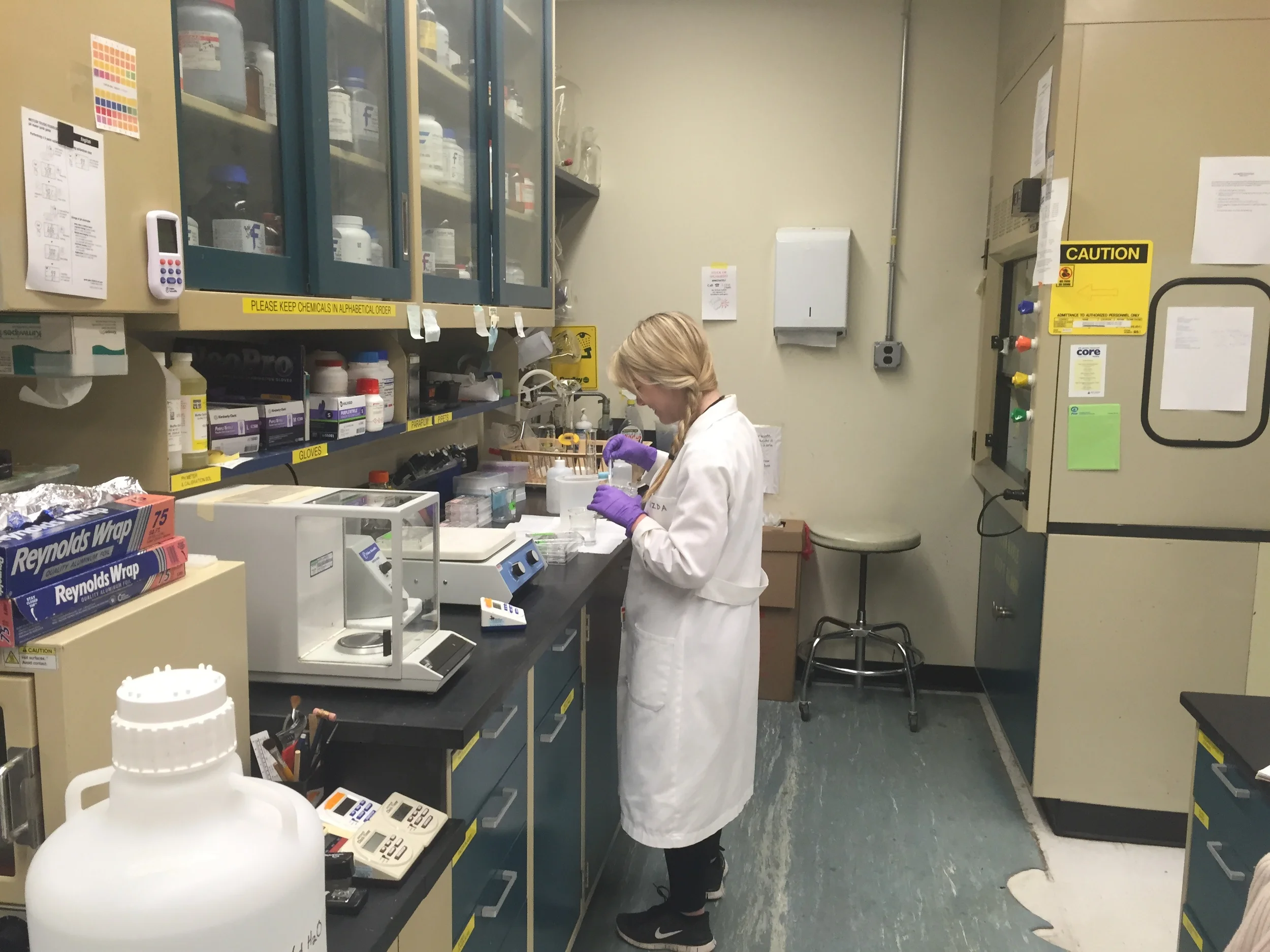Our Research
The overall goal of my research is to understand how auditory input from the ear affects the brain, and how the brain in turn affects the ear through efferent feedback loops. I am particularly interested in understanding the hearing disorders that develop when input to and from the brain is altered.
As a Ph.D. student and postdoctoral fellow, I developed expertise in behavioral and electrophysiological techniques for small animal auditory phenotyping, including acoustic startle modification, operant conditioning, auditory brainstem response, compound action potentials, and otoacoustic emissions.
I later trained with Dr. David Ryugo to learn immunohistochemistry and electron microscopy techniques for quantifying activity-dependent changes in the morphology of peripheral and central auditory synapses. I established my own laboratory in the Center for Hearing and Balance at Johns Hopkins where we study the functional and anatomical consequences of various forms of acquired hearing loss, including hereditary hearing loss, acute sound overexposure, and chronic noise exposure. These studies include investigations into how top-down processes work to protect against hearing dysfunction and compensate for abnormal hearing conditions.
-Amanda Lauer, M.S., Ph.D

